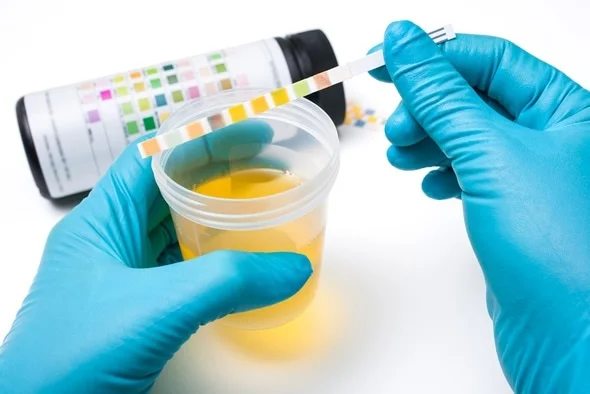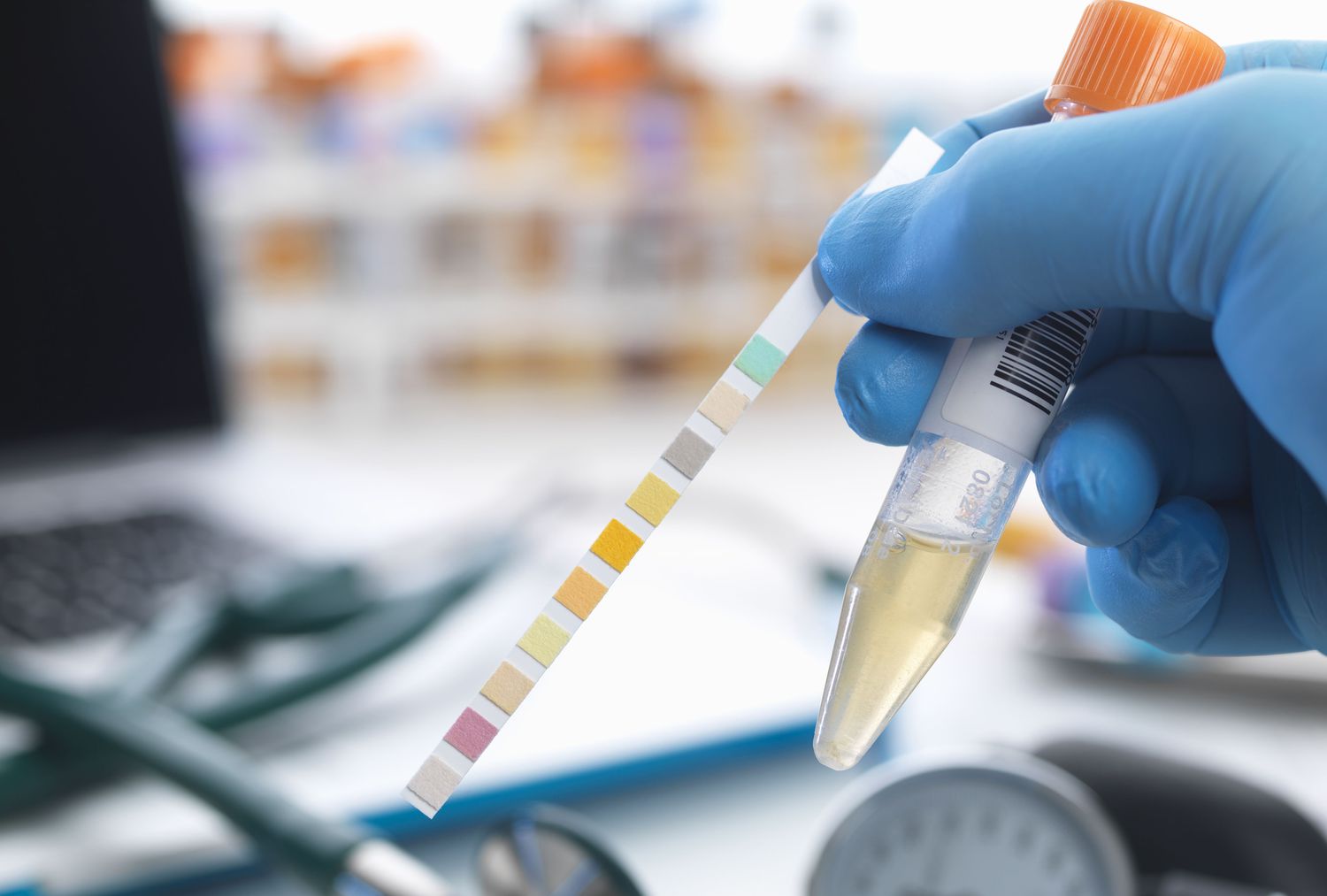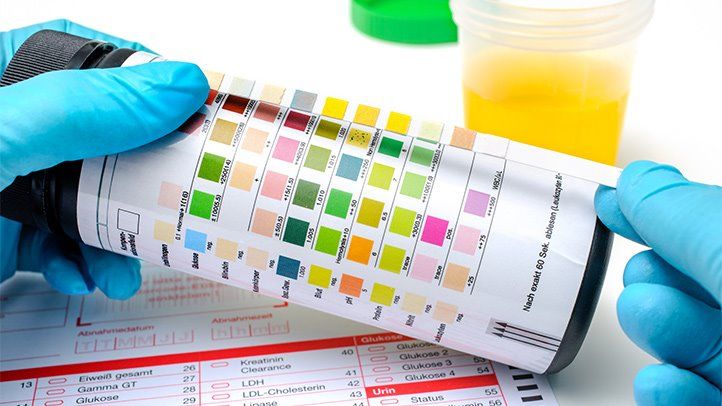- Home
- Our Services
CANCERS WE TREAT
TREATMENT OPTIONS
- About Us
About North Houston
Cancer ClinicsNorth Houston Cancer Clinics is a leading cancer center specializing in treating various types of cancers and blood disorders.Meet our specialized cancer care team
Choosing excellence, transforming cancer care together
Quality Oncology Practice Initiative (QOPI) Certification Program
Discover Our Healing Spaces: Virtual Office TourFirst day visit at North Houston Cancer Clinics
Real Stories, Inspiring Journeys, Patient Testimonies
- New patient
Becoming a patient at North Houston Clinics
Embark on your journey to health with us. Seamless, compassionate care awaits as you become a patient at North Houston Clinics.
Effortless Registration, Portal to Wellness JourneyYour Health, Your Time, Your AppointmentFrequently Asked Questions For New Patients - Blogs
- Contact Us
- Home
- Our Services
CANCERS WE TREAT
TREATMENT OPTIONS
- About Us
About North Houston
Cancer ClinicsNorth Houston Cancer Clinics is a leading cancer center specializing in treating various types of cancers and blood disorders.Meet our specialized cancer care team
Choosing excellence, transforming cancer care together
Quality Oncology Practice Initiative (QOPI) Certification Program
Discover Our Healing Spaces: Virtual Office TourFirst day visit at North Houston Cancer Clinics
Real Stories, Inspiring Journeys, Patient Testimonies
- New patient
Becoming a patient at North Houston Clinics
Embark on your journey to health with us. Seamless, compassionate care awaits as you become a patient at North Houston Clinics.
Effortless Registration, Portal to Wellness JourneyYour Health, Your Time, Your AppointmentFrequently Asked Questions For New Patients - Blogs
- Contact Us
Urinalysis Testing In Cancer Diagnostics
North Houston cancer clinics utilize Urinalysis as a diagnostic tool to help identify and manage various cancers at their early stages. Urinalysis is a simple but insightful test that examines urine components for abnormal cells or substances that may signal the presence of cancer.
How is Urinalysis Used in Detecting Cancer?

Outcomes and Results Associated with Cancer Diagnosis
- Early Detection: Even before any sign appears on an individual’s body system, Urinalysis can detect whether one has cancer, which helps with time intervention and, hence, better outcomes.
- Monitoring Response: In patients currently being treated for cancer, Urinalysis provides vital information about the progress of the treatment and the chances of its reappearance.
- Non-Invasive: However, because it is non-exhaustive, Urinalysis does not require catheters/urethral swabs or needle biopsy procedures since it offers convenient diagnosis, decreasing patient discomfort and anxiety.
- Comprehensive Insights:Together with other diagnostic tools, urinalyses contribute to a holistic understanding of a patient’s state regarding his/her disease, informing personalized treatment approaches.
Cancer Diagnosis: Urine Tests Precision at North Houston Cancer Clinics

The Significance of Urinalysis in Cancer Diagnosis:
- Early Detection: The presence of microscopic cells and chemical markers in urine may indicate early stages of bladder or kidney cancer that are more amenable to therapy.
- Non-invasive Nature: Urinalysis is a painless process that should be performed first before other tests are used to diagnose cancer since it does not cause discomfort or severe harm.
- Monitoring Tool:Besides diagnosis, Urinalysis is a tool to evaluate body reactions to treatment plans and watch out for signs of recurrence.
- Minimizing Unnecessary Tests:By identifying evidence pointing toward cancer soon via physical examinations, we frequently reduce invasive and costly diagnostic tests.
- Guided Decision-Making:Our medical experts, using the vast dataset provided, derive informed decisions about personalized treatment plans from urinalysis results.

A Urinalysis as a Vital Step towards Informed Health Decision.
Urinalysis Biomarkers
How Urinalysis Detects Cancer:
- Recognition for deviant Cells: Through microscopic investigation, abnormal cells of these cells can be found in urine using Urinalysis, which may suggest the presence of cancer, especially in urinary systems like the bladder.
- Catalyst for Biomarkers: Some specific proteins or DNA shards called biomarkers found in urine indicate the existence of cancer. These are crucial to detect through urine tests before symptoms occur, such as in cases where these cancers before showing signs.
- Totality analysis:Urine composition, appearance, and microscopic content provide comprehensive information about various malignancies, making them easily identifiable during the urinalysis process.

